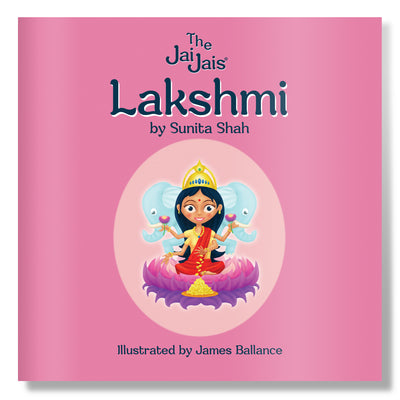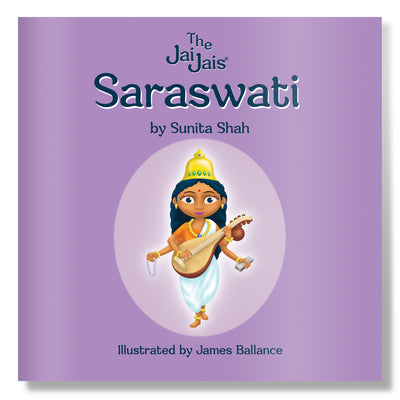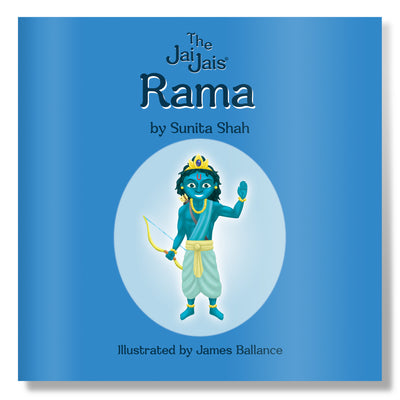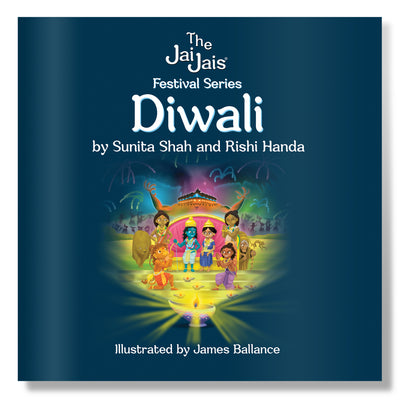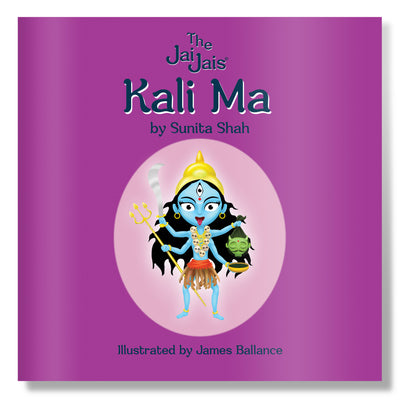As a child I remember the first fast I did was for Janmashtami…I can’t even remember how old I was…I also did Jaya Parvati Vrat one year and drove my mother mad. The concept of fasting is one of denying physical needs of the body for spiritual gains. I remember fasting 21 Tuesdays for the Goddesses. The hope I would get pregnant with my IVF cycle. A miracle or coincidence the last Tuesday I fasted, the week after I found out I was pregnant. For me like everything else it is how the individuals sees their own practice and beliefs. Currently we are in the midst of Shravan I usually fast the Mondays. My mama and mami will only eat once a day. I always question my mum that in our fasts we will eat fruit, nuts or yoghurt! We are truly not denying our body of food. My mums response its shows discipline in your mind and body. To show restraint, because our day to day life is full of indulgences by not always let us concentrate on our spiritual attachment. She told me it helps to focus my mind. In some cases, fasting involves abstaining from one meal in the day. However, fasting does not necessarily mean the body has to go without or suffer. Sometimes, it is sufficient to eliminate certain types of food and replace them by others, without restricting the quantity.
However, fasting is not only a part of worship but a great instrument for self-discipline too. It is a training of the mind and the body to endure and harden up against all hardships, to persevere under difficulties and not give up. According to Hindu philosophy, food means gratification of the senses and to starve the senses is to elevate them to contemplation. Luqman the wise once said, "When the stomach is full, the intellect begins to sleep. Wisdom becomes mute and the parts of the body restrain from acts of righteousness."
Hindus fast on certain days of the month such as Purnima (full moon) and Ekadasi (the 11th day of the fortnight).
Certain days of the week are also marked for fasting, depending on individual choices and on one's favourite god and goddess. On Saturday, people fast to appease the god of that day, Shani or Saturn. Some fast on Tuesdays, the auspicious day for Hanuman, the monkey God. On Fridays devotees of the goddess Santoshi Mata abstain from taking anything citric.
Fasting at festivals is common. Hindus all over India observe fast on festivals like Navaratri, Shivratri, and Karwa Chauth. Navaratri is a festival when people fast for nine days. Hindus in West Bengal fast on Ashtami, the eighth day of the festival of Durga Puja.
Fasting can also mean abstaining from eating only certain things, either for religious reason or for the sake of good health. For instance, some people refrain from consuming salt on particular days. It is common knowledge that excess salt and sodium causes hypertension or elevation of blood pressure.
Another common kind of fast is to forego taking cereals when only fruits are eaten. Such a diet is known as phalahar.
The underlying principle behind fasting is to be found in Ayurveda. This ancient Indian medical system sees the basic cause of many diseases as the accumulation of toxic materials in the digestive system. Regular cleansing of toxic materials keeps one healthy. By fasting, the digestive organs get rest and all body mechanisms are cleansed and corrected. A complete fast is good for heath, and the occasional intake of warm lemon juice during the period of fasting prevents flatulence.
Since the human body, as explained by Ayurveda, is composed of 80 percent liquid and 20 percent solid like the earth, the gravitational force of the moon affects the fluid contents of the body. It causes emotional imbalances in the body, making some people tense, irritable, and violent. Fasting acts as an antidote, for it lowers the acid content in the body which helps people to retain their sanity.
Ref: Das, Subhamoy. "Religious Fasting in Hinduism." learnreligions.com/why-fast-in-hinduism-1770050.

